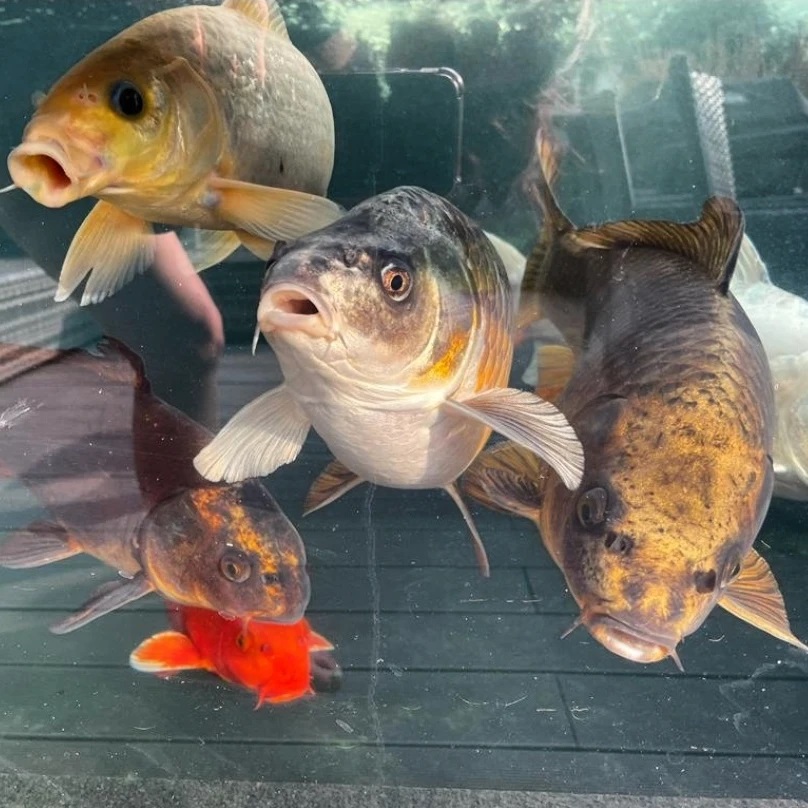
The Ultimate Guide to Keeping Koi Healthy
Koi fish, with their vibrant colors and captivating personalities, make splendid additions to any pond. To ensure the well-being and flourishing of your koi, proper care is essential. This comprehensive guide covers everything you need to know about koi care, encompassing water conditions, nutrition, cleaning, and disease prevention. Whether you’re a seasoned koi keeper or a beginner, this guide will assist you in creating the perfect environment for your koi to thrive.
Creating the Ideal Water Conditions for Koi:
A healthy koi pond begins with maintaining optimal water conditions. Koi thrive in specific pH levels, temperature ranges, and low levels of ammonia, nitrite, and nitrate. The recommended pH level is between 7.0 and 8.0, with an ideal water temperature between 60-70°F. Ammonia levels should stay at 0 ppm, nitrite levels at 0 ppm, and nitrate levels as low as possible, preferably below 20 ppm. Regularly test the water using pH, temperature, and ammonia/nitrite/nitrate kits and adjust pH levels with water conditioners when needed. Monitoring and adjusting these levels create a healthy environment for your koi to thrive.
Providing Adequate Nutrition for Koi:
Proper nutrition is paramount. A balanced diet of high-quality koi food, including pellets and fresh vegetables, supplies essential nutrients for growth and well-being. Avoid overfeeding, which can lead to water quality issues. Feed your koi two to three small meals per day, removing any uneaten food to prevent contamination.
Keeping Your Pond Clean for a Healthy Habitat:
Regular cleaning is vital for a healthy koi pond. Remove debris, dead plant matter, and clean your filter regularly. A pond vacuum can be used to clear debris from the pond’s bottom. A clean and clear environment prevents the growth of harmful bacteria and algae, offering your koi a safe and healthy habitat.
Dealing with Pests and Diseases in Koi Ponds:
Pests and diseases must be addressed promptly. Utilize koi treatments designed for parasite control and bacterial treatment. Regular water testing and treatment help identify and prevent problems early, safeguarding the health of your koi. Proactive measures in dealing with pests and diseases contribute to the long-term health of your koi.
The Importance of Pond Filtration for Koi Health:
Pond filtration is indispensable for koi care. A reliable filtration system maintains clean and clear water, crucial for your koi’s health. By eliminating waste, debris, and uneaten food, a pond filter prevents the growth of harmful bacteria and algae, averting diseases and water quality issues.
This ultimate guide equips you with the knowledge to create a healthy koi pond. From water conditions to nutrition, cleaning, and disease prevention, following these steps ensures your koi fish live long, healthy lives. If additional support is needed, consider seeking assistance from a professional pond maintenance company.
Matthew Adlington





